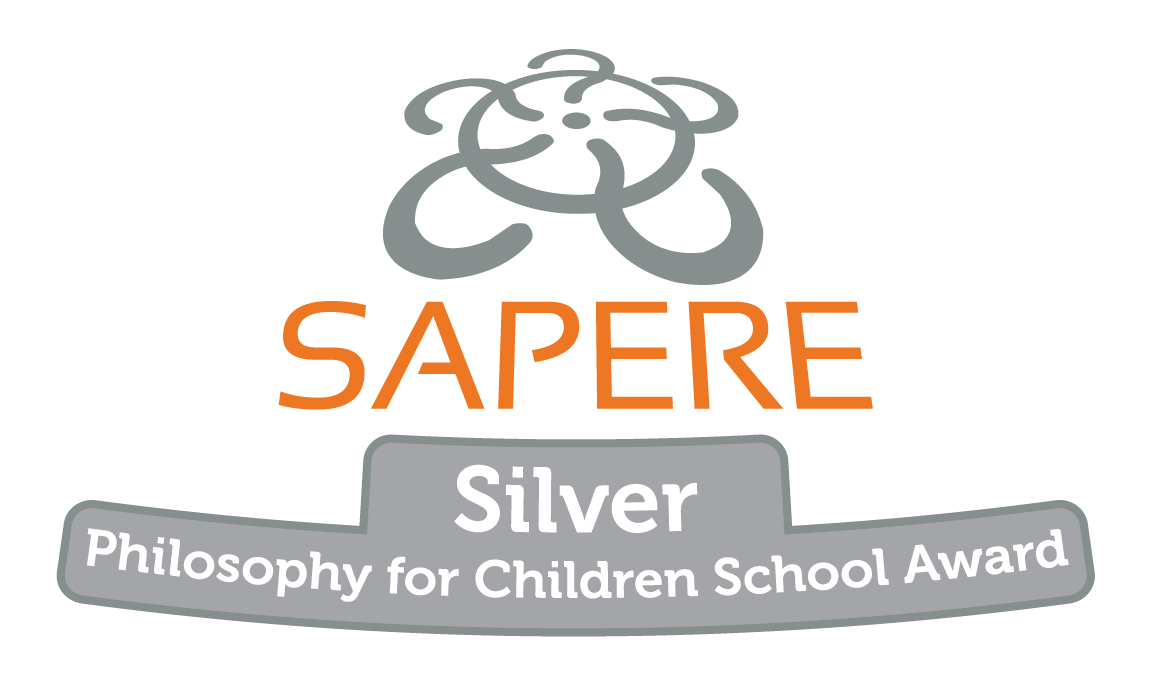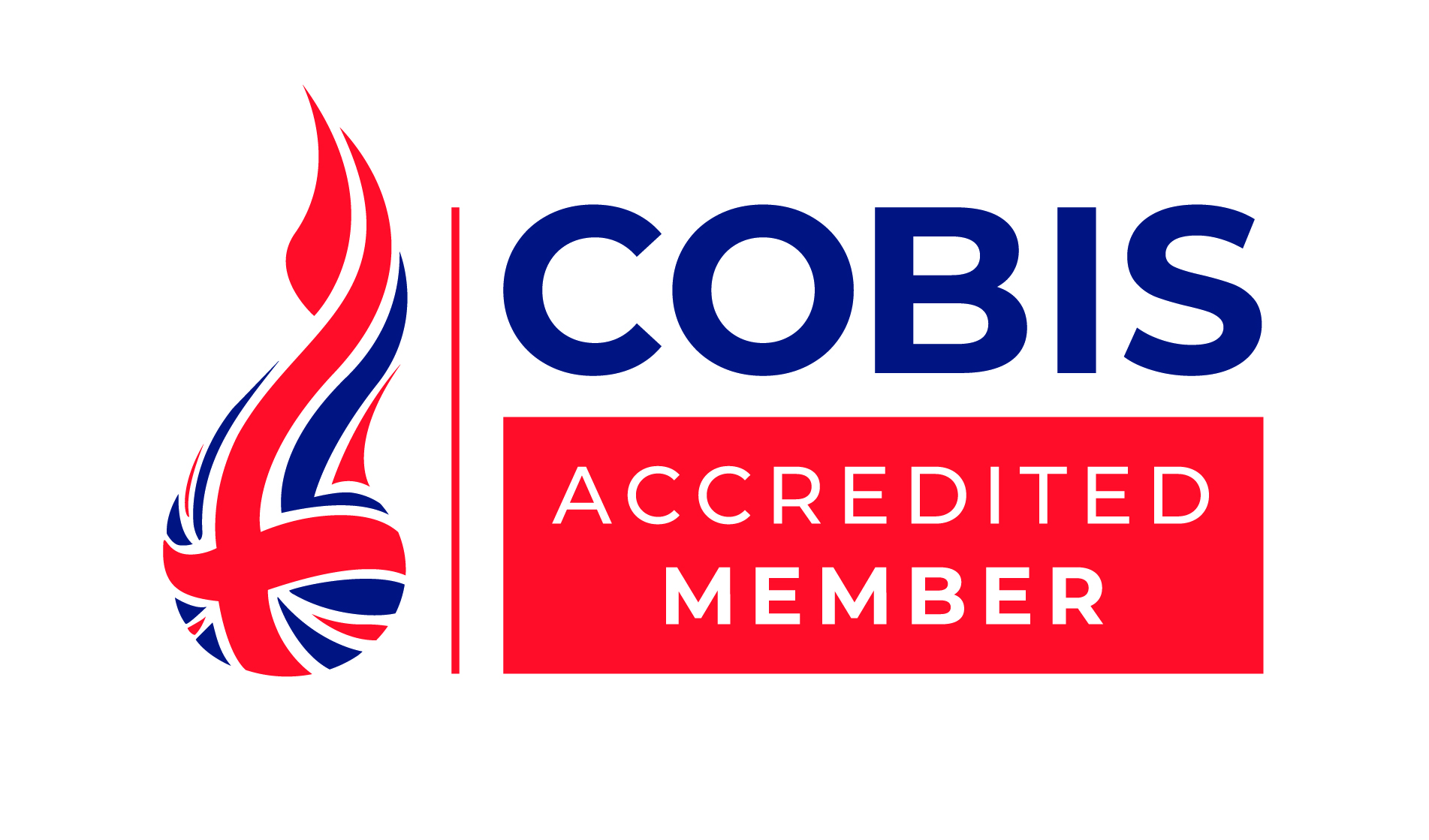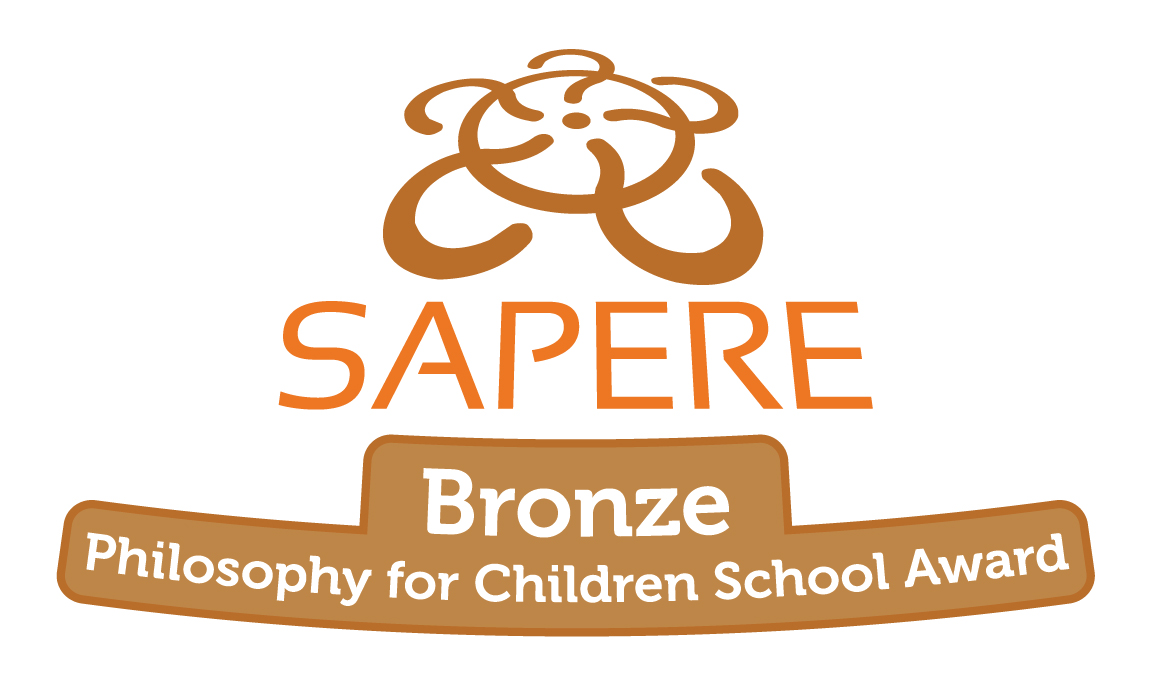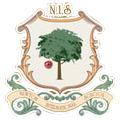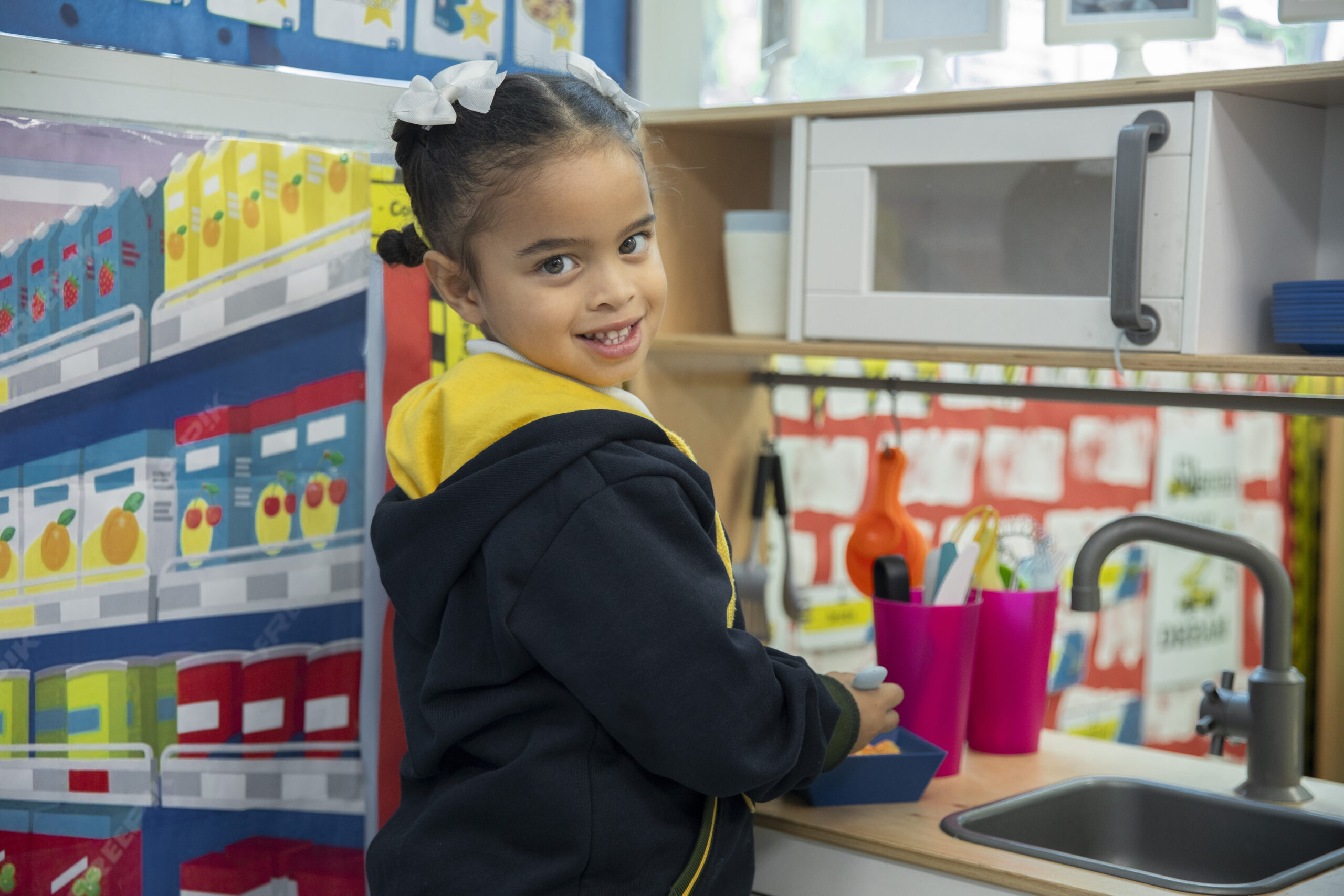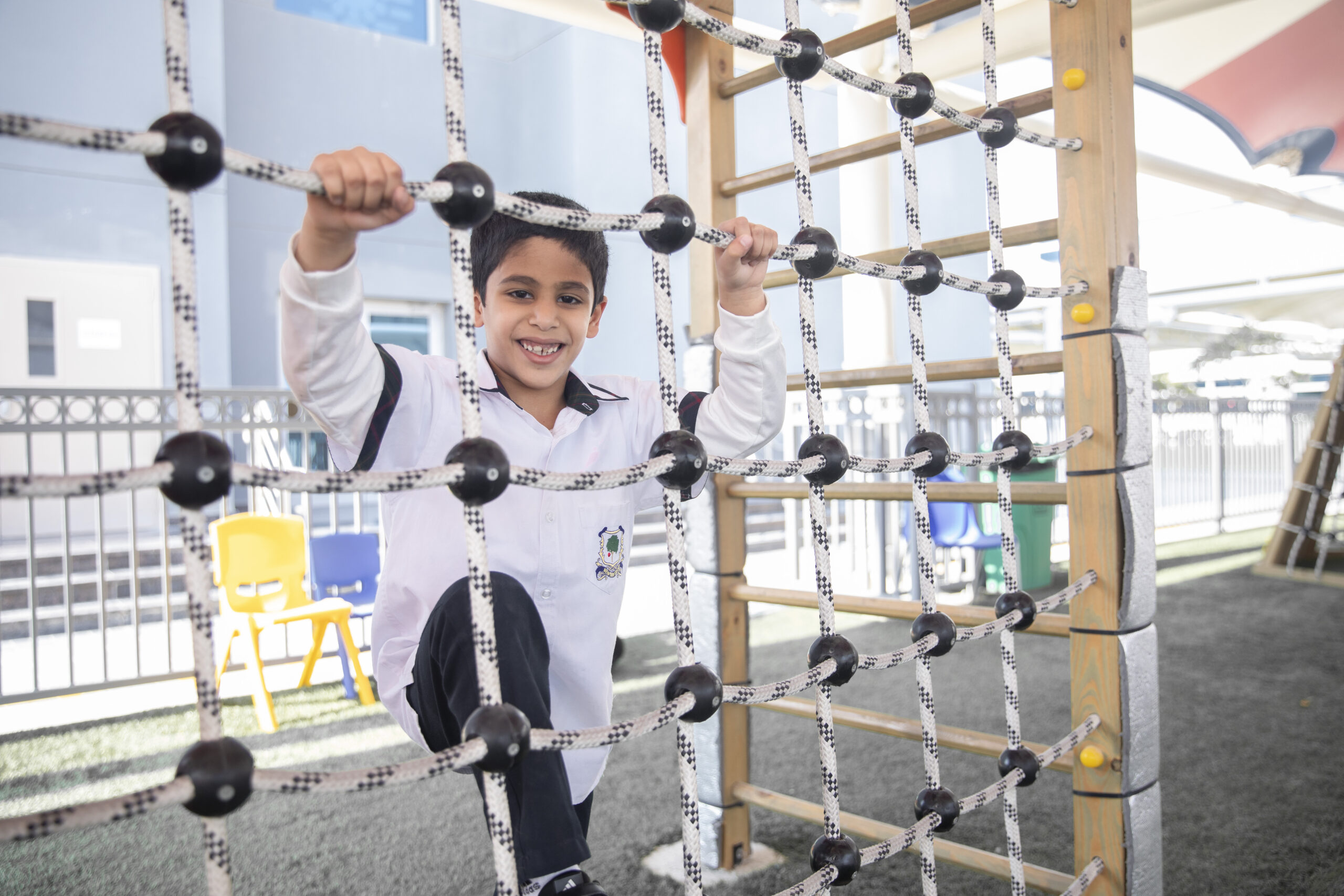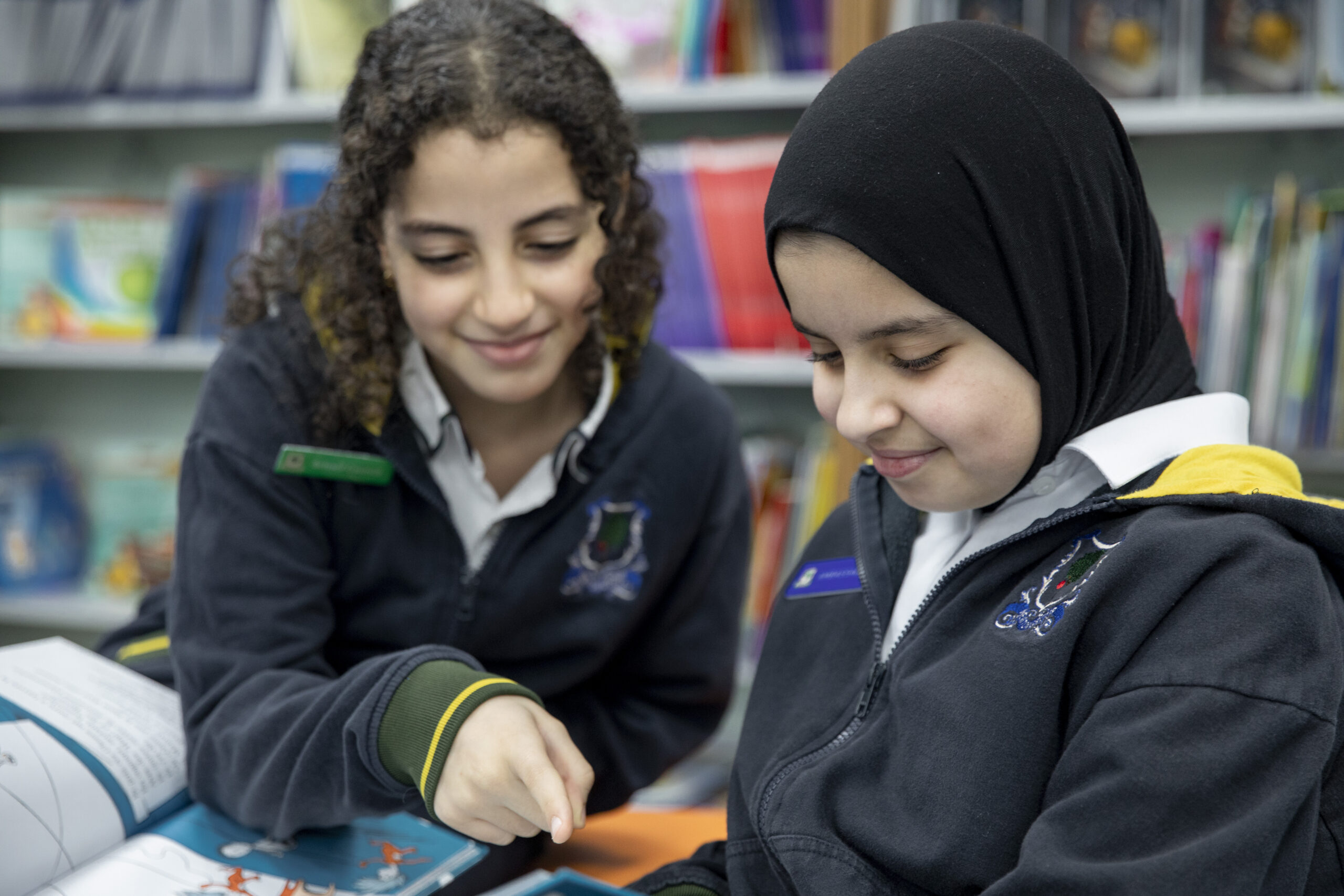P4C stands for ‘Philosophy For Children’ and NIS Lagoon is proud to be the first school in Qatar to be awarded the Sapere Bronze award for P4C practice.
In our P4C sessions, we aim to deepen the children’s thinking and enhance speaking and listening skills. The P4C sessions foster a community approach to a spoken enquiry, which enables all children to participate in a respectful and safe environment where everyone’s opinion is valued.
The 4C’s of P4C
- Through P4C sessions children will focus on and develop the 4C thinking skills:
- Caring thinking – listening (concentrating) and valuing (appreciating)
- Collaborative thinking – responding (communicating) and supporting (building on each other’s ideas)
- Critical thinking – questioning (interrogating) and reasoning (evaluating)
- Creative thinking – connecting (relating) and suggesting (speculating)
How a P4C Enquiry Works
In P4C, a stimulus, such as a story, video clip or image, is shared with a group of children. Each stimulus will focus on a ‘Big Idea’, or concept, from which the enquiry will build. Through discussion, students are encouraged to come up with, and discuss, the kind of big, engaging philosophical questions about the stimulus which are at the heart of P4C.
Philosophical questions
Philosophical questions are contestable and relevant to a student’s own experiences; this means that there is more than one point of view and no ‘wrong’ answer. Teachers facilitate P4C caring and collaborative enquiries which encourage students to give reasons for their opinion or why they may politely disagree with the opinions of their classmates.
Children might come up with philosophical questions such as:
- Is it ever OK to lie?
- What makes you you?
- Do we have to respect everyone?
- Can good people do bad things?
- Do we all have the same rights?
As questions grow more philosophical and imaginative, students learn to listen carefully to each other, to explore differences of opinion respectfully, and to value the ideas of others.
P4C in other areas of the curriculum
P4C does not end with a P4C session. Through P4C enquiries students develop their skills in speaking English, critical thinking and reasoning, all of which are valuable skills to use across all subjects of the Primary curriculum. For example, we aim to use P4C strategies and skills learnt to develop student understanding of the features of different genres of writing in English, to critically think about historical events and to reason how geographical features influence the movement of people.
P4C at home
In the modern age of technology dominating our children’s lives, you can use P4C strategies at home to help your child develop and express their opinions in a well-reasoned way. This will help your child develop their personal and social skills as they grow up; encourage their independence; improve speaking and reasoning skills as well as providing them with the correct thinking tools to cope with any day-to-day worries and stresses they may encounter in the future.
If you would like to know more about how P4C can support your child, please do not hesitate to contact your child’s Class teacher or a member of the Senior Management Team who will be very happy to share our knowledge with you.


